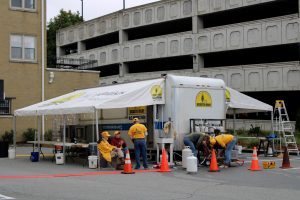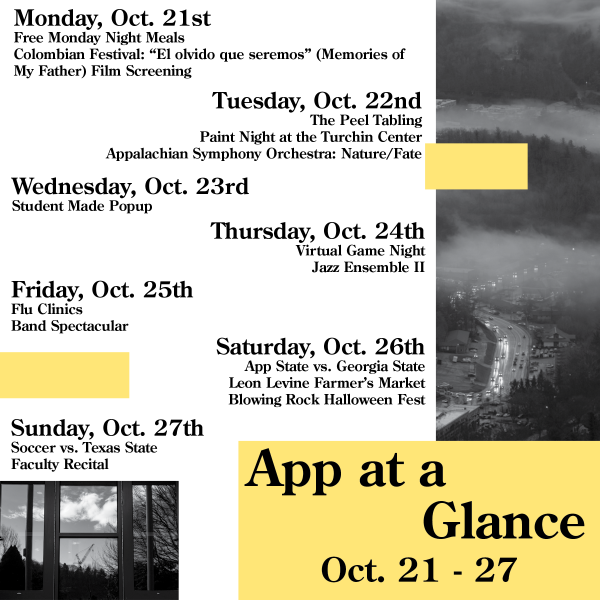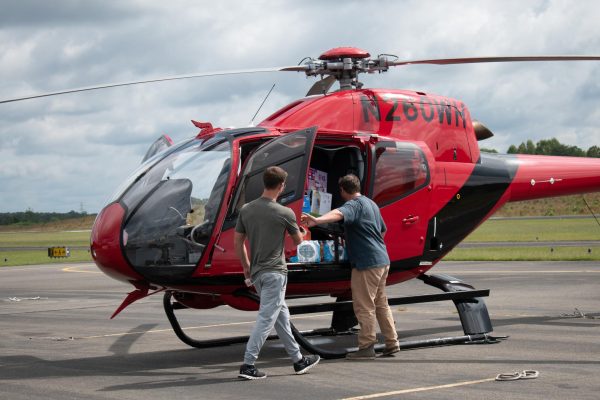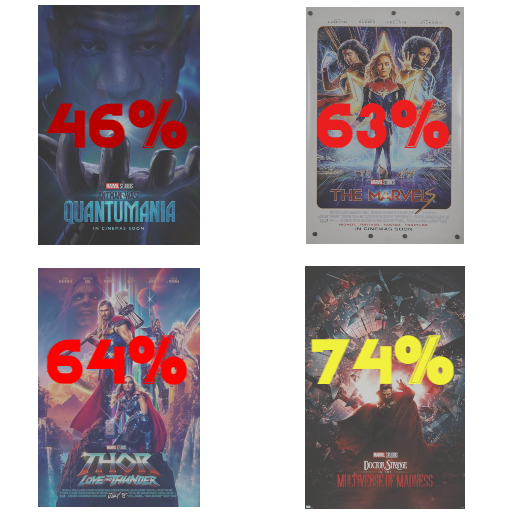Nonprofit provides real-world experience for fermentation sciences students
November 20, 2019
While education majors drive to schools around the region for student teaching, and nursing majors commute to hospitals around the state for their clinicals, nonprofit brewery Ivory Tower is helping fermentation sciences students gain professional experience in their field while at App State.
“One of the great things about the (fermentation sciences) program is that it teaches a lot of the background knowledge to troubleshoot issues that you would find in the beverage industry, but it does lack a little bit of hands-on experience,” said Garrett Williams, Booneshine head brewer and fermentation sciences graduate.
Ivory Tower, a private 501(c)(3), was founded in 2012, around the same time the fermentation sciences department became a degree-granting program. The nonprofit cannot be affiliated with the state-funded university because it sells alcohol, but serves “to support research and education in fermentation sciences in general, and more specifically for our program at the university,” said Brett Taubman, director of the fermentation sciences department and president of Ivory Tower.
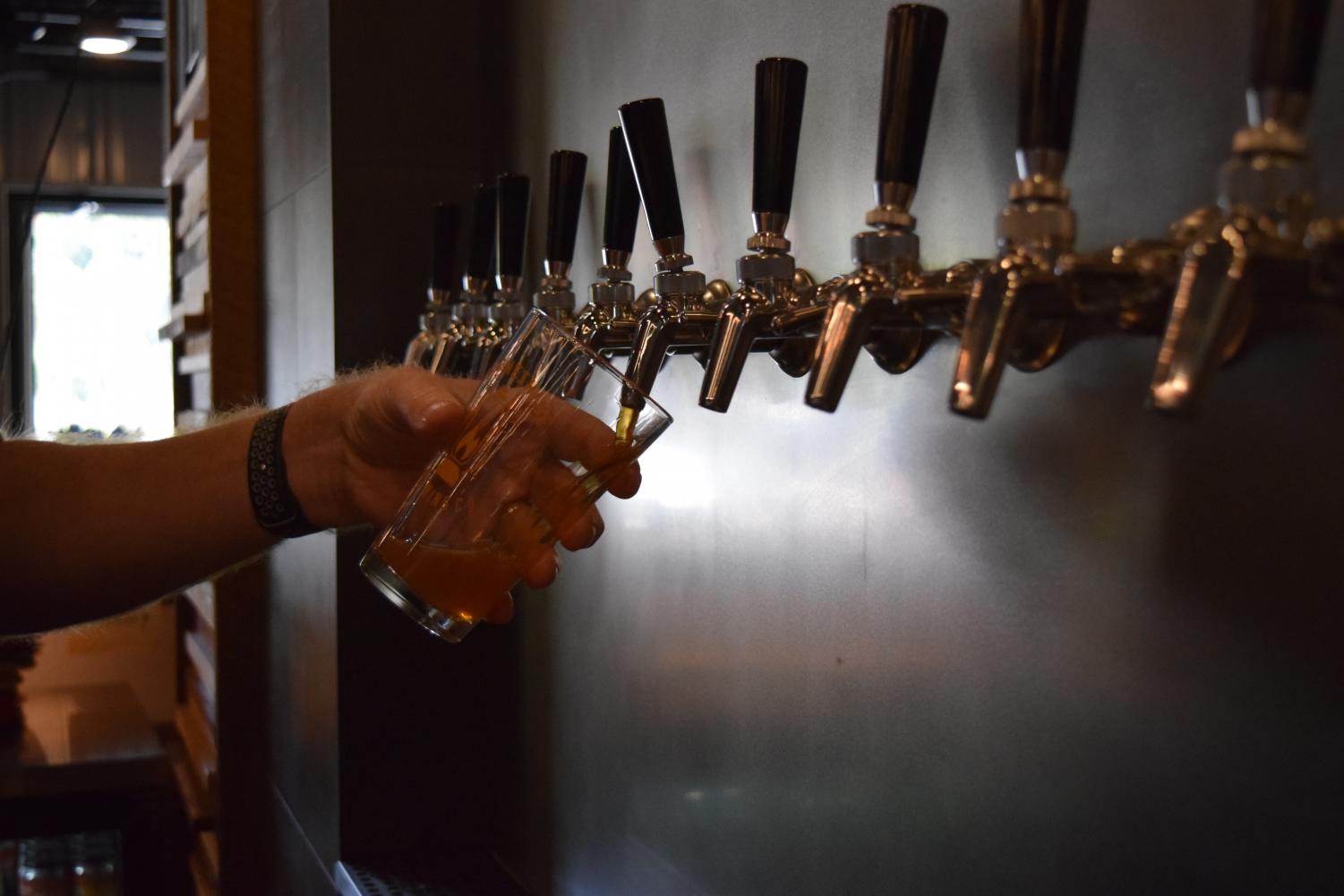
Fermentation sciences graduate Garrett Williams is the head brewer at Booneshine Brewing Company. Ivory Tower, a private nonprofit, links students in the fermentation program with local breweries and provides “hands-on experience” that Williams believes is crucial to this program.
Ivory Tower provides grants to students in the fermentation sciences program to aid in their education and research.
Grants from the nonprofit fund more than researching wine and beer — one student used the funds to study hop aroma chemistry. Another is studying how different food fermentations affect the genetic fingerprinting of ecosystems.
For students who don’t receive research grants, like sophomore Bill Gilmer, Ivory Tower’s connection with local breweries provides an avenue for internships and work experience. Gilmer interned with Booneshine Brewing Co. during the summer, where he applied classroom lessons to cleaning kegs, mashing wheat and canning the final product.
“I think it helps to not only have the knowledge but have a small bit of experience to accompany it,” Gilmer said. “In my opinion, you can read a book and learn how to do something, but until you actually do it, you don’t have the appreciation or you may not fully grasp how to do it.”
During his internship, Gilmer helped the Booneshine brewers lead fellow App State students during Ivory Tower “brew days.” Brew days allow students to create a beer from start to finish with the help of Taubman and local master brewers. Most brew days take place at Booneshine, where Ivory Tower houses its fermenter, but the nonprofit also partners with Appalachian Mountain Brewery and Lost Province Brewing Co.
Although students execute the brewing process, Taubman works with brewery owners to come up with recipes that will work in their facilities. For example, he took inspiration for the Black Saturday beer from his wife’s chocolate rye cookies. Other university-themed beers Ivory Tower has produced include Really Bitter Faculty, an American IPA, Afermentive Action, an American brown ale, and All Nighter, an American stout.
Because not all areas of fermentation sciences study brewing, Taubman said Ivory Tower is looking to expand beyond alcohol with food fermentation.
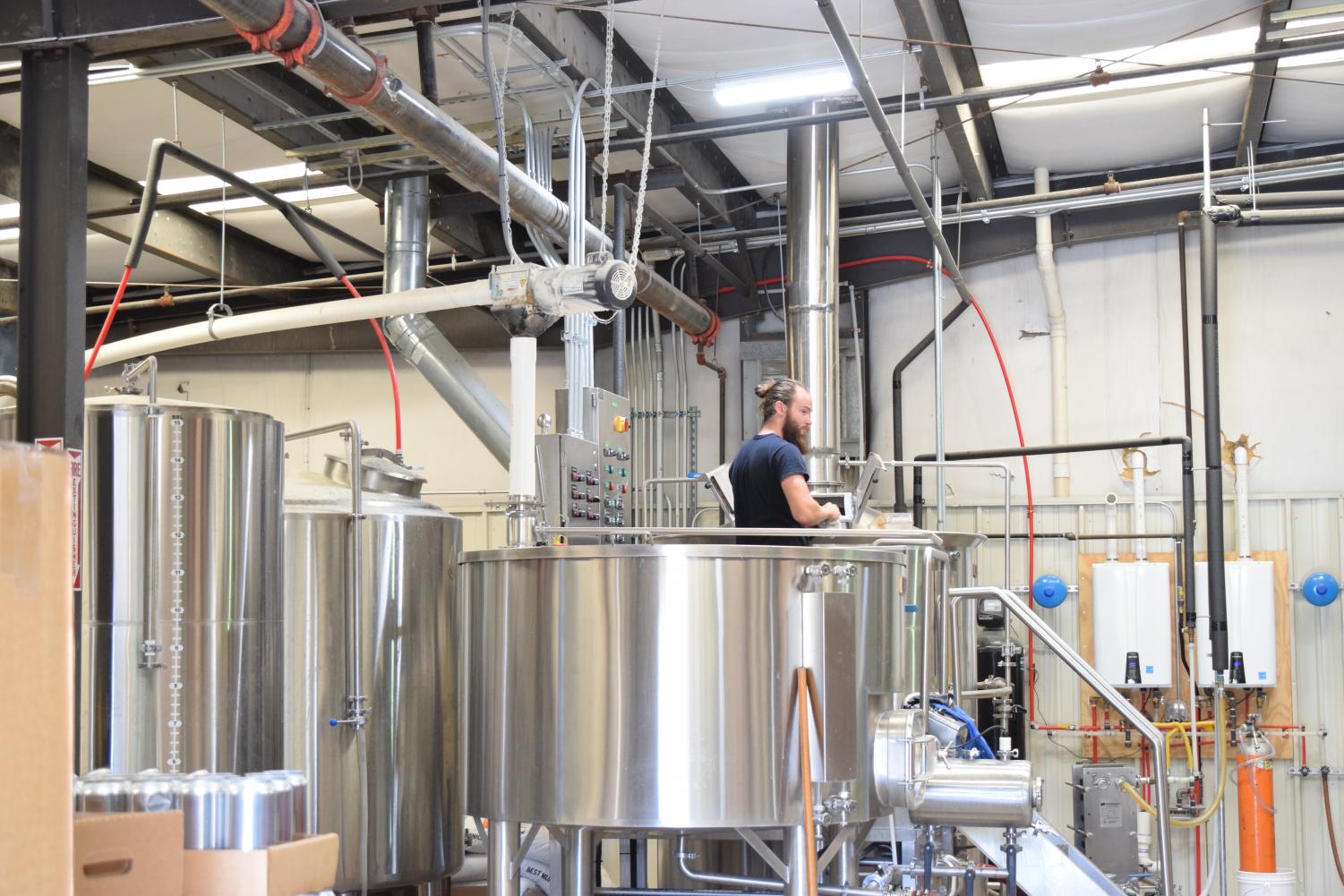
Fermentation sciences graduate Garrett Williams is the head brewer at Booneshine Brewing Company. Ivory Tower, a private nonprofit, links students in the fermentation program with local breweries and provides “hands-on experience” that Williams believes is crucial to this program.
“We’d like to start with fermented hot sauces because we feel like that’s a good, easy avenue into that industry that people love,” Taubman said.
Before Ivory Tower can get its hot sauce into the marketplace, it’s looking for local restaurants to provide commercial kitchen space for the fermentation process. Taubman acknowledged it is no coincidence that working with food rather than alcohol would provide greater potential for entrepreneurial opportunities with the university.
“It’s definitely cleaner when it doesn’t involve alcohol,” Taubman said. “There are still a number of hurdles, safety issues and so forth that you have to do when you’re working in the food industry, especially fermented foods.”
Until then, Ivory Tower will rely on beer profits and the High Country Beer Fest to support student research grants. The HCBF is Ivory Tower’s largest revenue generator, and both executive boards are made up of multiple fermentation sciences professors. The event is also largely put on by student volunteers from the department.
“I think it’s a really positive, really crucial thing to start getting experience,” Gilmer said. “Being afforded the opportunity of going ahead and getting to see what happens on the inside and getting to be a part of it, seeing how actually the rest of your life will look, I think is really valuable.”





